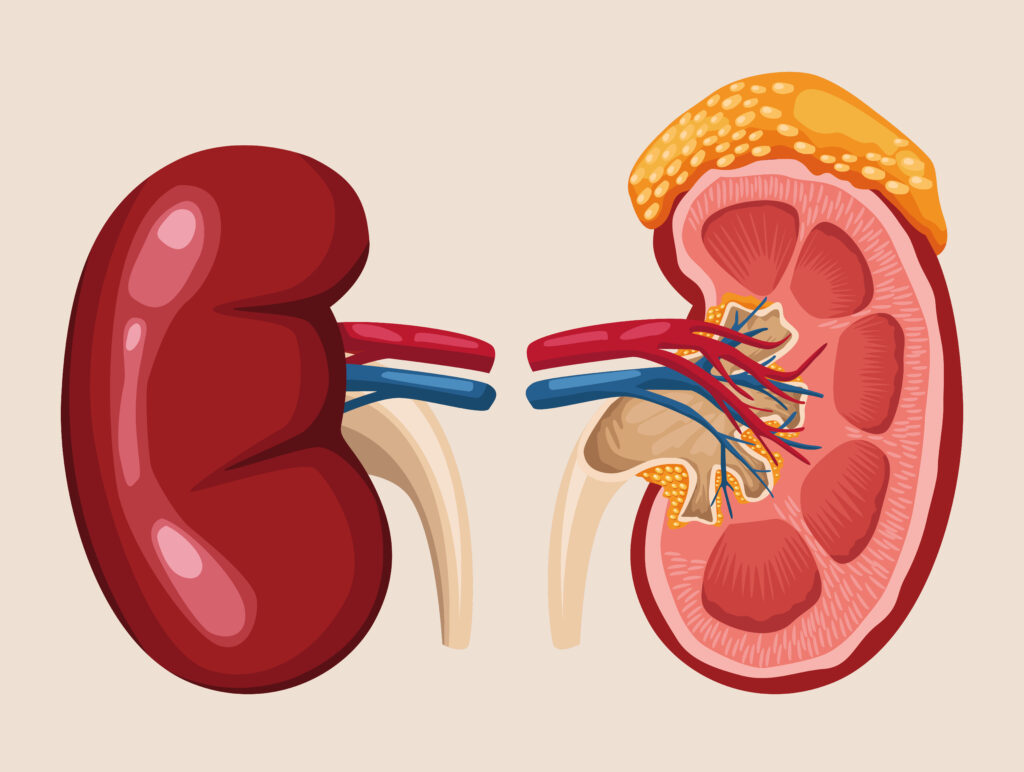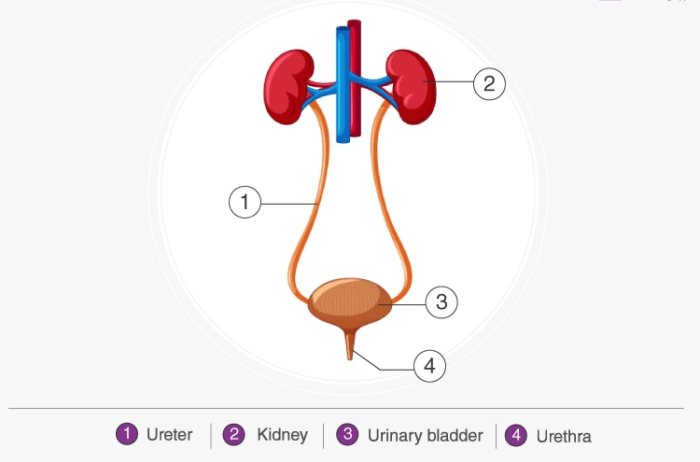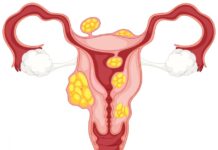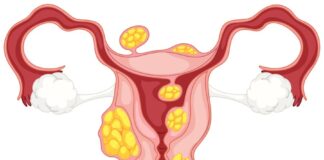After a long day on a hot Tuesday afternoon, you drink 5 glasses of water, one after the other, to relax. Soon afterwards, you have this sudden urge to empty your bladder. The organ responsible for this urge is not the brain, neither is it your heart or lungs. They are two bean-shaped internal regulators and sensors called the kidneys. They control how much fluid you have in your body. The kidneys also remove waste products of bodily metabolic processes; and release minerals, hormones, and vitamins that are essential for living.

One of the primary functions of the kidneys is to remove waste products in the urine. To do this effectively, they function non-stop as they remove the harmful and unneeded ingredients from the food, drinks, and drugs we take. Everything we ingest is eventually absorbed into the blood through the digestive system. The body’s 8 litres of blood flow through the kidneys about 25 times every day. This implies that, the kidneys filter about 180 litres of blood each day. That is a lot of work!
Like other body organs, arteries carry blood to the kidneys. These arteries branch continuously until they form tiny vessels twisted with specialized internal parts called nephrons. Biologically, a nephron is regarded as the functional unit of the kidneys. 1 million of these nephrons are found in each kidney and they form multiple filters and sensors that sieve the blood. Each nephron has two important parts that help with filtration – the glomerulus, a blob-like structure that acts as the sieve, and the tubule, a long pipe-like structure that collects the sieved products. The glomerulus selectively allows some substances, such as vitamins, minerals, and small proteins, to pass through it.
After filtration, the vessels determine which of the filtered ingredients are needed in the body. The needed ones are reabsorbed into the blood in amounts that required by the body. The remaining ingredients are passed on as waste products. An example of such waste products is urea, a leftover of protein use. The kidneys transfer these waste products to the bladder through two pipe-like structures called ureters. Once in the bladder, the wastes are one stop out of your body.

Your urine is mostly water, right? If the kidney detects excess water in your blood, for instance, as it was after you drank several glasses of water earlier today, the kidney sends extra water to the bladder to be removed as urine. On the other hand, low levels of water in the blood causes the kidney to send more water back into the bloodstream, meaning that the urine would have less water. This explains why your urine appears yellower when you are less hydrated.
Suggested Reading: Your Urine Colour and Your Health
The kidneys do not just control the level of body fluids, they have other special abilities. These organs activate vitamin D, an agent that is essential for healthy bones and teeth. They secrete a hormone called renin, which influences one’s blood pressure. They also produce another hormone called erythropoietin, which controls the production of red blood cells.
You can imagine the number of things that could go wrong if the kidneys are diseased and not functioning well. One would ingest food, drinks, or drugs and their waste products would build up in the body; excess water may accumulate in the bloodstream; the bones and teeth may not grow well; blood pressure may be affected and red blood cells may be poorly produced. Ultimately, the normal functioning of the kidneys keeps us alive.
This Friday, bear in mind that we shall host Dr. Tunde Augustine, a medical expert from the prestigious University College Hospital, Ibadan, Nigeria as he talks about kidney diseases. You don’t want to miss it!

Till next time, stay informed and stay healthy!










Faydalı bilgilerinizi bizlerle paylaştığınız için teşekkür ederim.
websitem için çok işime yaradı teşekkür ederim
[…] Read Also: How Your Kidneys Work […]
Heey There. I found your blog tthe usage oof msn. Thiss
is a very neawtly written article. I’ll make suee too bookmark itt aand ccome back too read
extrfa off yohr helpfgul information. Thank yoou for thee post.
I’ll definitely comeback.
Hi there, yedah thnis artijcle iss geuinely gold and
I have learned lot off things from it about blogging.
thanks.
Hello, i think that i saw you visited my weblog so i came to ?eturn the favor텶’m trying to find things to improve my web site!I suppose its ok to use some of your ideas!!
[…] the urinary tract or system by microorganisms; usually bacteria. The urinary system comprises the kidneys, ureters, bladder, and […]